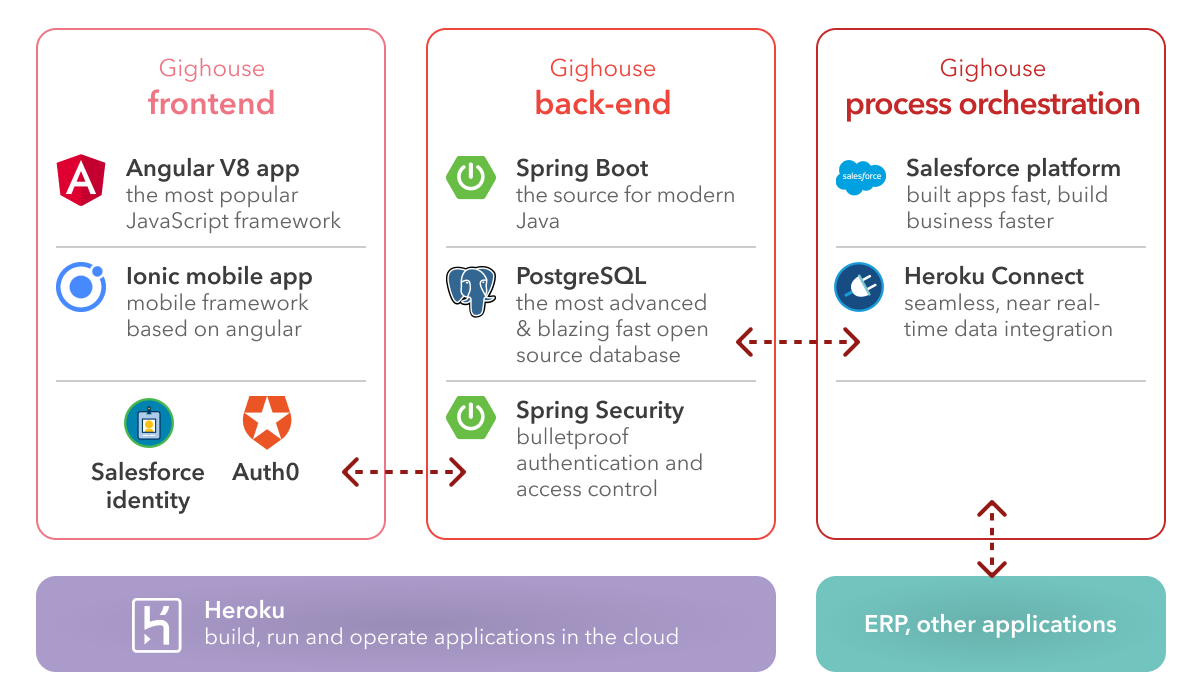It’s a match! How Gighouse makes magic happen
Companies looking for freelancers often need to consult various sources before they find a good fit. And even then, it’s often a shot in the dark. Freelancers, on the other hand, face a merciless competitive landscape where it is hard to rise above and get a liveable fee.
“There must be a better way,” Caroline and Mélanie said. With Gighouse, they aimed to develop a platform that makes it easy to match jobs with freelance experts – whether it’s an HR consultant, developer, content creator, or other profiles.
Trust is key
After first diving into a full-on AI approach, they quickly realized that a combination between a smart algorithm (developed by theMatchBox) and a human touch was key to success. Caroline: “Since we were mainly aiming for the high-profile, white-collar jobs, trust is key to success. So we had to embed it in the platform.” That’s why freelancers and clients who register on Gighouse are thoroughly screened before they can post anything.
Automated agreements
When a client posts an assignment, theMatchBox’s 360Match algorithm first provides them with a list of the most suitable freelancers. The latter receive a teaser of the job. When they express their interest in the assignment, the client gets notified and negotiations can start.
Once both parties come to an agreement, the Gighouse platform automatically draws up the contracts. Over the course of the assignment, the freelancer fills in the timesheets in the app. After approval, Gighouse generates the invoices as well, ensuring a swift and consistent payment.
Customer-centric scalability
“By taking over these administrative tasks, both parties can fully focus on the job at hand,” says Caroline. Stijn Wijndaele, co-founder of Scalefactory, uses the platform himself – and is enthusiastic: “For me, Gighouse stands for reliable and flexible capacity expansion. In fact, the platform is a prime example of how you can help businesses increase their scalability in a customer-centric way.”


/salesforce-logo-(1).webp?mode=resize&w=320&h=120&attachmenthistoryguid=d1ddc047-9be9-442e-9577-aeb3f552f4c7&v=&c=fe460039a1944560efd63968f34dfb715acab83b0cbed838e4341d0a44e21577)

